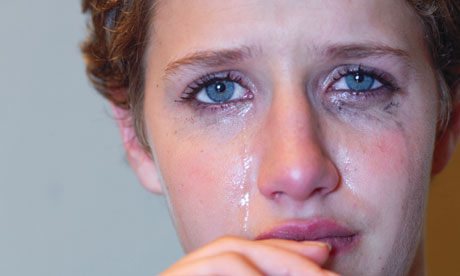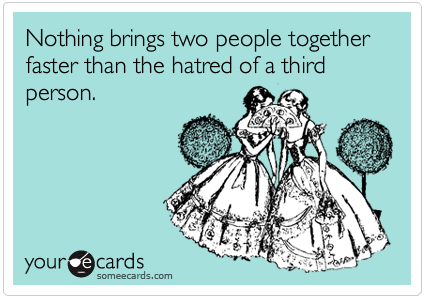Love truly is a many splendored thing.
So many-splendored that we can't even decide what it is. Is it romance, is it desire, is it benevolence, is it self-surrender? Is love a singular idea, or a complex of ideas that we give one overly-simplistic name? We have covered some of this ground in the topic
"What is love?" but there is still much controversy to discuss.
Love is the connection between ourselves and the other. Can that connection be anything apart from self-interest? Is there truly love in altruism? Is our deep and abiding care in another really be about them, or is it all about ourselves? Is love, in the end, simply meeting our own desire, or can it ever be purely about the other? Even the hero who sacrifices her own being for the other, is it really about the other purely, or is it about the self's desire to perpetuate the other at all cost? Is it about the self's reputation? Or is there a chance, a moment in which the self is forgotten and the other is the pure focus?
If there is no such thing as pure altruism, then can we ever blame another for selfishness, for are not all acts, in the end, selfish? If there is altruism, what is the mechanism that triggers it? Or is altruism even good for our society, or does it create martyrs of us all, leaving no one to actually live?
Is love an emotion, which we cannot control? Is love simply a spark, an overwhelming urge that we are led by? Or is it an act of volition, a decision that we make? Or are different kinds of love of different natures? Perhaps we cannot decide who we fall in love with, but we can determine who we give affection to? Or is love a habit, one that we decide at first and then it becomes so overwhelming that we can no longer control it? Is love ultimately addictive?

We all must admit that some loves end. The object of our enduring desire may become hatred over time. But can that be changed? Can we remain in love, if we so determine that? Is hatred really the opposite of love, but both completely wild and undetermined? Or do we season each? The issue with love being permanent is that we change, become different people over time. How can our loves be the same? But perhaps love also seasons and refines over time. Can we love the same person that we were married to some 25 years hence, but the nature of that love change that we would not recognize it for what it once was? Or dare we not even call what our initial "love" turns into "love" at all? Should we hold some affection for a person after so long is it truly love or simple nostalgia or simply habit?












